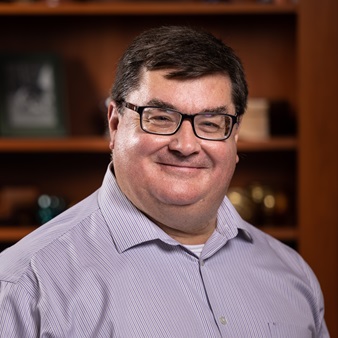
Daily Devotional | Rich and Poor
When Jesus instructed the rich young ruler to sell all he had and follow Him, the man’s face fell in disappointment. He was too attached to his wealth to obey. Jesus then amazed His disciples by telling them, “It is easier for a camel to go through the eye of a needle than for someone who is rich to enter the kingdom of God” (Mark 10:25).
James might have had this episode in mind as background for the example he gave in today’s reading (vv. 2–4). A well-dressed rich man enters a church and receives special attention and a good seat, while a poor man wearing “filthy old clothes” is sent to the overflow section (so to speak). These two individuals were judged by their appearance, a sign of the sin of favoritism.
The sin of favoritism—also translated as “partiality” or “prejudice”—rears its ugly head twice this month (see October 2 and 8). The command against it here is clear and simple (v. 1). To show favoritism for any reason is wrong, but it’s especially wrong when it’s based on wealth or social status.
What’s wrong with favoritism? First, God does not show favoritism or think in this manner. In fact, He often does the opposite—He’s chosen the poor to be rich in faith (v. 5). We shouldn’t be surprised, given that in His kingdom the last shall be first (Mark 10:29–31). Second, it would be illogical to show favoritism toward wealthy individuals who are guilty of exploitation, oppression, and blaspheming the name of Christ (vv. 6–7). Third, favoritism violates the commandment to love one’s neighbor (vv. 8–11). And since to break one part of the Law is to break all, this sin is as significant as any other.
Why is favoritism such an underrated sin? Where else do we see it in Scripture? How have you seen this affect relationships in your own church or workplace?
Jesus, Your Word teaches us not to show favoritism. But we confess that we often prefer some people over others. Thank You that You have no favorites, that in Your kingdom the last will be first, and You made the poor rich in faith.
About the Author
Brad Baurain
Bradley Baurain is Professor and Program Head of TESOL (Teaching English to Speakers of Other Languages) at Moody Bible Institute.
View More